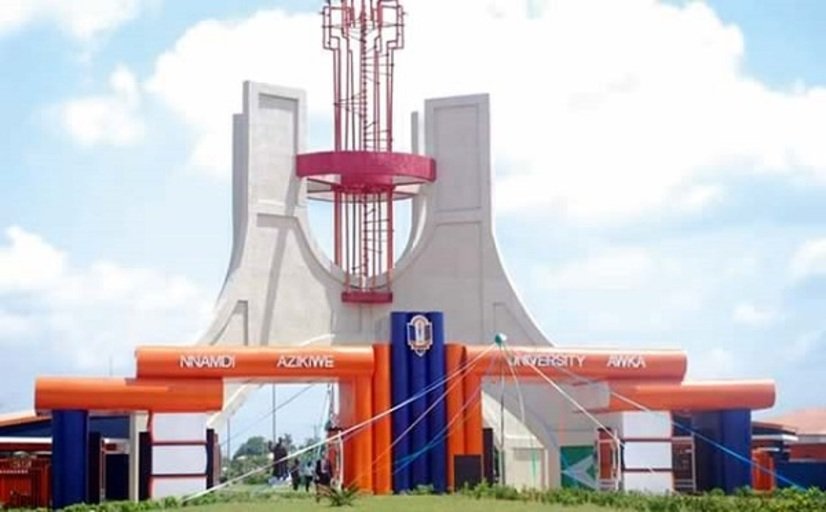Iran’s Supreme Leader Ayatollah Ali Khamenei has reportedly handpicked three potential successors in the event he is assassinated during Israel’s ongoing military strikes — a revelation that signals unprecedented urgency inside Tehran’s highest ranks.
According to an investigative article published by The New York Times on Saturday, the 86-year-old Supreme Leader, who is reportedly working from a reinforced bunker, has privately named three senior clerics to take over authority if he dies during the fight.
According to “senior Iranian officials”, Khamenei made the picks in response to a series of high-level assassinations by Israeli forces.
Significantly, Khamenei’s important son, Mojtaba, who has long been speculated to be groomed for succession, was not on the list.
This represents a significant departure from years of rumours that a dynastic handover was being planned behind the scenes, according to the Jerusalem Post.
“Khamenei has named three clerics as potential successors while hiding in a bunker… Mojtaba is not among them,” The New York Times reported that, citing confidential Iranian sources close to the leadership.
Meanwhile, the Jerusalem Post confirmed the allegation, stating that the Supreme Leader has also “selected replacements down his military chain of command” in preparation for future Israeli strikes that might annihilate his inner circle.
Under normal circumstances, Iran’s Supreme Leader is elected by the Assembly of Experts, an 88-member clerical body.
However, Khamenei’s reported activities indicate that he is attempting to mould that conclusion ahead of time, maybe by bypassing regular structures in order to protect his ideological legacy and avert internal divisions.
According to analysts, the decision to select three clerics rather than one demonstrates both a lack of unity within Iran’s ruling elite and the importance of contingency preparation as the threat level rises.
While names have not been formally revealed, the report indicates that the candidates are trusted by Khamenei and support the regime’s hardline core.
The move has immediate geopolitical implications. With the region on edge following Israeli strikes on key Iranian and Hezbollah commanders, the prospect of regime change might exacerbate the Middle East crisis.
It also raises concerns about the durability of Iran’s leadership structure if Khamenei becomes incapacitated.
“Khamenei’s action signals a regime that sees the risk of decapitation as real,” said a senior regional intelligence official quoted in The New York Times. “It is succession planning not in theory — but under fire.”
Amid mounting fears of assassination, Khamenei has reportedly gone underground and handpicked three senior clerics to succeed him, omitting his popular son, Mojtaba Khamenei.
The decision comes as Israel conducts airstrikes and clandestine operations against Iran’s top leadership structure.










